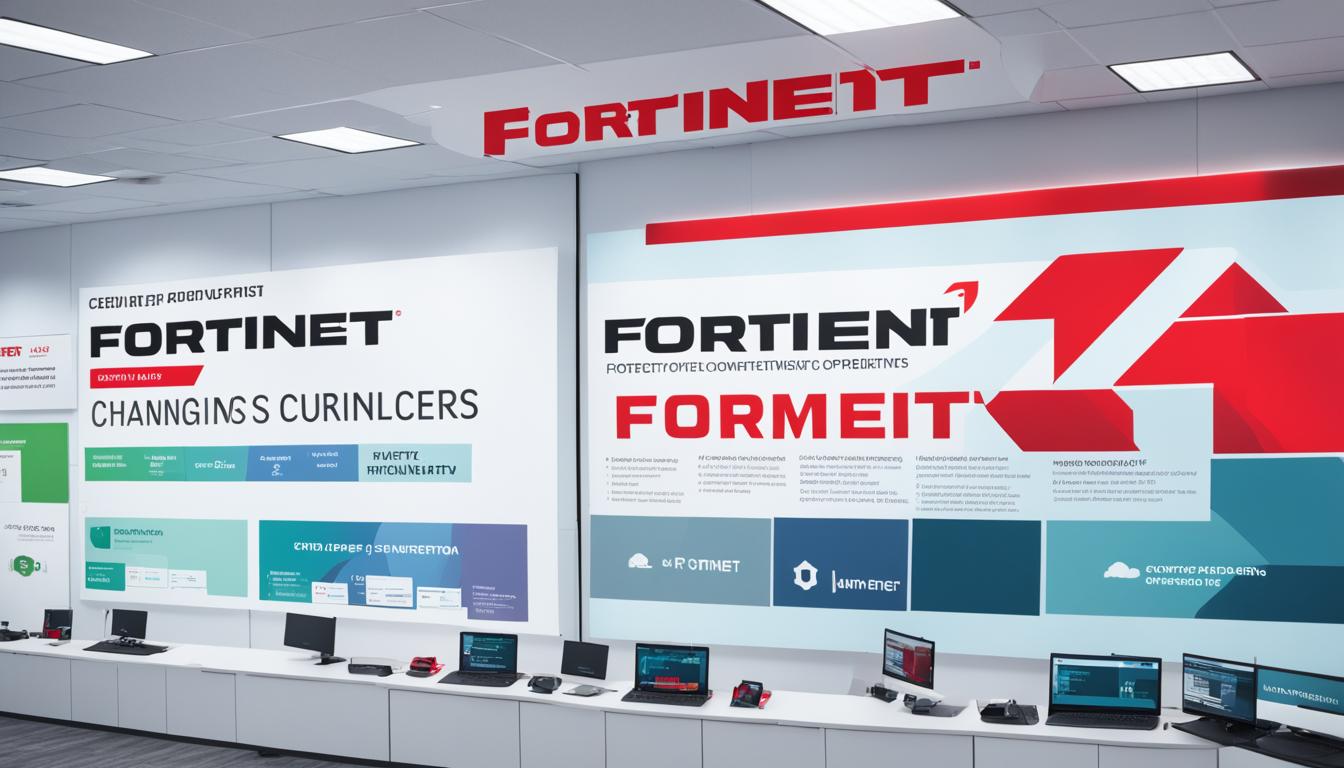In the competitive world of real estate, knowing how to sell smarter and faster can make all the difference. This is where effective marketing strategies come into play, providing you with tools to stand out and attract potential buyers quickly. Without the right approach, even the best properties can linger on the market.
Are you ready to unlock the secrets that top realtors use to close deals rapidly? From harnessing the power of digital marketing to crafting compelling property descriptions, these strategies can transform your selling process. Exploring these techniques will give you an edge in the fast-paced real estate market.
Imagine having a listing that practically sells itself. With strategic marketing insights, you can turn this vision into reality. Bold photography, targeted online ads, and engaging virtual tours are just part of the equation. By focusing on these elements, you’ll be setting yourself up for success.
Understanding Your Market
To be successful in real estate, you need to have a thorough grasp of your local market dynamics, know your target audience intimately, and understand your competitors.
Local Market Analysis
Local market analysis requires reviewing property prices, sales trends, and demand in your area. Check recent sales data to spot pricing patterns, considering factors like economic shifts or school districts.
Use graphs to track price changes over time and monitor neighborhood developments that boost property appeal. Look into zoning changes or new infrastructure projects for added insights. This data-driven approach helps you make informed decisions.
Target Audience Profiling
Create detailed profiles of your ideal buyers or renters. Age, lifestyle, and income are crucial metrics. Are they young professionals, families, or retirees? Identifying key characteristics helps tailor your marketing strategy.
Use tools like surveys to gather insights about preferences and decision factors. Social media can also provide valuable information about your audience’s demographics. Having this knowledge allows you to personalize your approach, ensuring that your message resonates effectively.
Competitor Insights
Gaining insight into your competitors can reveal potential opportunities. Begin by identifying who your main competitors are in the area. Evaluate their marketing strategies and sales tactics. What platforms do they use to reach clients?
Consider compiling a list of their strengths and weaknesses. Observing their listings can show what works in attracting buyers. Pay attention to customer reviews to identify areas where you could outperform them. Direct comparison helps in refining your strategies and enhancing your unique selling proposition.
Innovative Marketing Strategies
The keys to success in real estate marketing include leveraging digital tools, adapting traditional methods, and building lasting partnerships. These strategies focus on enhancing visibility, engaging with potential clients, and creating valuable connections for future opportunities.
Digital Marketing Techniques
In real estate, using tools like social media, email campaigns, and SEO is vital. Social media enables real-time interactions, with eye-catching images and videos to draw interest.
Email marketing keeps clients engaged through personalized messages, regular updates, and newsletters about your listings.
SEO boosts content rankings in search results, driving more traffic. By optimizing keywords tied to properties and neighborhoods, you attract clients actively searching for real estate opportunities.
Traditional Marketing Adaptation
While digital methods are key, effective marketing with direct mail letters still holds value. Personalized postcards and professional mailings can engage a more traditional audience with a personal touch.
Enhance these materials by adding QR codes linking to virtual tours, merging classic and modern strategies for an interactive experience.
Local events and gatherings are also effective for meeting clients face-to-face—a warm handshake and genuine smile always leave a lasting impression.
Networking and Partnerships
Building strong relationships within the industry can lead to lucrative opportunities. Attend industry events, join professional organizations, and engage in community service to create valuable connections. These activities can position you as a trusted figure in the real estate sector.
Partnering with local businesses or a property PR agency can enhance your reach. Collaborations with interior designers or moving companies could offer clients additional value, making your services more attractive. Offering co-branded events or promotions can introduce you to a broader audience.
Networking doesn’t just mean meeting potential clients. Engaging with fellow real estate professionals can provide insights, advice, and referrals, contributing to a thriving career in real estate marketing.
Leveraging Technology for Sales
In the real estate world, technology plays a crucial role in enhancing sales and reaching potential buyers efficiently. With advancements in virtual reality and mobile applications, embracing technology has transformed traditional sales approaches.
Virtual Tours and Staging
Virtual tours offer a dynamic way to showcase properties. By providing an immersive experience, potential buyers can explore homes from the comfort of their own space. Tools like 360-degree tours allow viewers to navigate properties, offering a genuine sense of layout and design.
Virtual staging takes it a step further by digitally furnishing spaces. This helps buyers visualize a property’s potential without the need for physical furniture. These techniques not only save time but also expand your audience reach, catering to buyers unable to visit in person.
CRM and Sales Automation
Customer Relationship Management (CRM) systems streamline the process of nurturing leads. With these tools, you can organize contacts, schedule follow-ups, and track interactions seamlessly. This ensures no lead is overlooked.
Sales automation helps in managing repetitive tasks such as sending emails or scheduling appointments. By automating these processes, you free up valuable time to focus on personalizing client interactions. This balance of automation and personal touch enhances client relationships.
Real Estate Mobile Apps
Mobile apps have become indispensable for real estate sales. They offer a platform for showcasing listings, responding to inquiries, and scheduling showings. With apps, you can provide instant notifications about new listings or property updates to potential buyers.
Moreover, apps often include features like mortgage calculators and neighborhood insights, providing added value to users. By embracing mobile technology, you ensure that you’re accessible and responsive, crucial elements in today’s fast-paced market.
Closing Deals and Client Relations
Cultivating strong client relations and closing deals efficiently are essential for success in real estate. This involves honing communication, mastering negotiation tactics, and delivering excellent post-sale service to maintain client satisfaction.
Effective Communication
Effective communication sets the foundation for successful deals. Being clear and concise in your interactions, whether in person, over the phone, or through email, helps maintain transparency. Listening is equally important; understanding your client’s needs and concerns ensures they feel valued and understood.
Utilize technology tools like CRM systems to track conversations and preferences. Personalize your communication by using the client’s name and referencing past interactions. This not only shows your attentiveness but also builds trust, which is crucial for ongoing relationships.
Negotiation Tactics
Negotiation is an art that requires preparation and finesse. Start by researching market trends and comparable property values to inform your strategy. Present your information logically, backed by data, making it easier for clients to see the value in your perspective.
It’s important to remain calm and patient, even when negotiations become challenging. Compromise is key—aim for a win-win scenario where both parties feel satisfied with the outcome. Keep a flexible mindset while maintaining a clear vision of your goals.
Post-Sale Service
Your relationship with the client doesn’t end at closing. Post-sale service can greatly impact future referrals and repeat business. Stay in touch by sending personalized thank-you notes or holiday greetings. This ongoing engagement shows that you care beyond the sale.
Offer support by addressing any post-purchase concerns or questions they might have. You can also provide them with a list of recommended service providers, which can make their transition smoother. Excellent post-sale service reinforces trust and loyalty, paving the way for future opportunities.
Conclusion
Mastering real estate marketing is about selling smarter and faster. By combining digital tools, traditional methods, and innovative strategies, you can attract the right buyers and close deals more efficiently.
From understanding your market to building strong client relationships, these tactics help you stand out in a competitive industry. With the right approach—whether it’s a virtual tour, targeted ad, or personalized follow-up—you’ll not only sell faster but also build a strong reputation as a trusted real estate professional.





